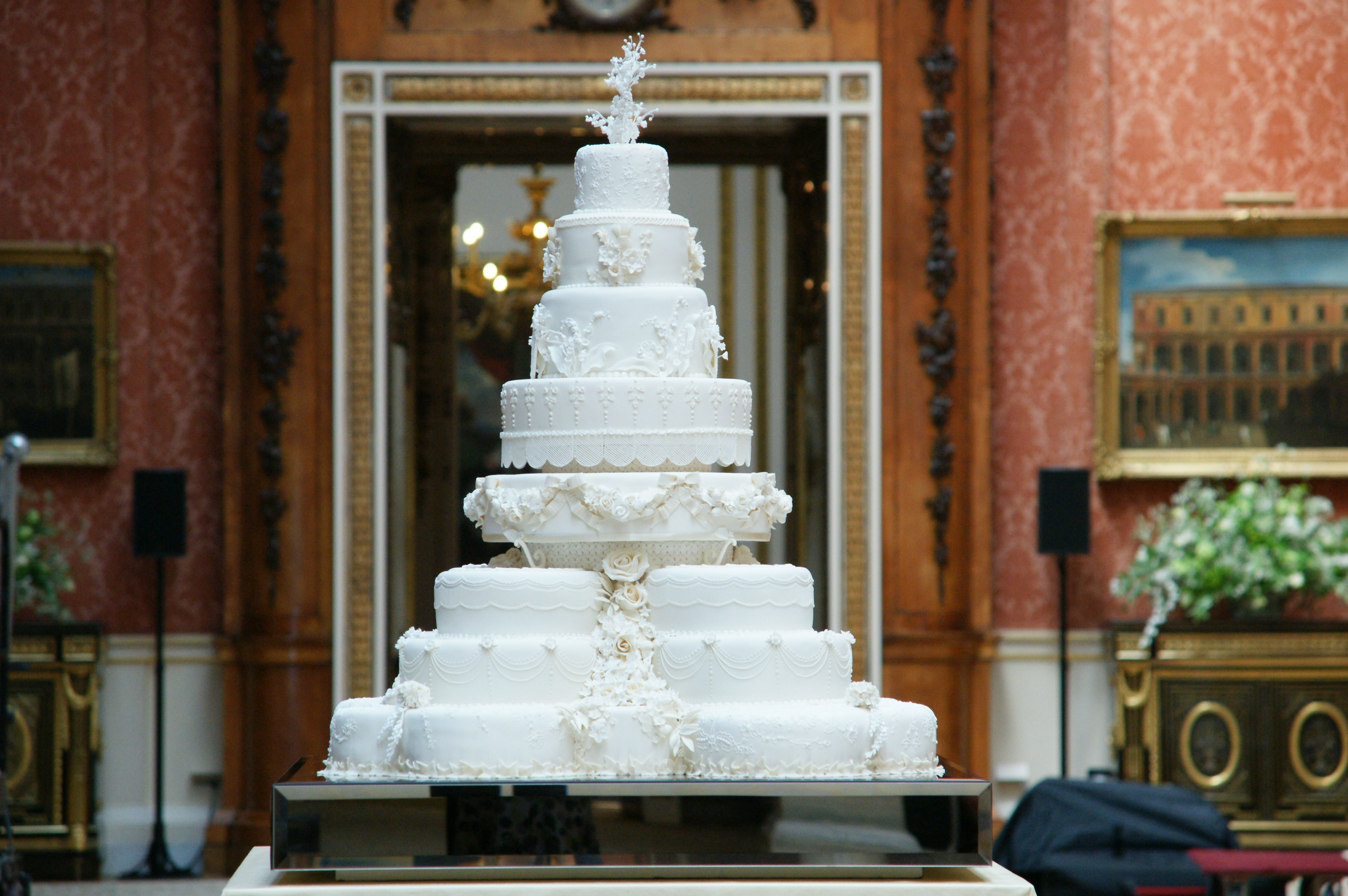You are asking how much the British Royal Family earns and it is not as much as you think!

Prince William: $61,388 (Helicopter Pilot of Search and Rescue of Royal Air Force as a flight lieutenant). His salary is around 44,000 British pounds.
Prince Harry: $60,000 (Captain of British Army)
Inheritance for William & Harry: Since age 21, both have access to the investment profit of the $10 Million Princess Diana left them. The investment profit is currently $450,000 per year. At age 30, both have access to the entire $10Million.
* William & Kate will not get a salary for their royal duties; however, they may be reimbursed for any expenses incurred while on ambassadorial duties or appearances.
** For the Royal Wedding of William & Kate on April 29, 2011, the cost is paid by both families of William and Kate. The only expense from the taxpayer is the security, not just for the newlyweds but more importantly for the entire public in general during the wedding of this century.Prince Charles: makes his money from the Duchy of Cornwall, a vast collection of lands and holdings owned by his family. The Duchy’s revenues are currently about $28Million per year. Charles routinely gives away millions in philanthropic and charitable contributions.
QEII: Her net worth was $500 million last year, much of it in classic property, horse racing stud farms, and fine art handed down to her from previous regal generations. From her royal duty as the Queen, she has committed to a 14 percent drop in royal household spending for the next two years, has frozen the $12.9 million a year she receives from the state in return for the regal duties and costs since 1990 (meaning a real money drop of 76 percent due to inflation) and even cancelled last year’s Buckingham Palace staff Christmas party.
 ** The biggest allowance the Royal Family can get from the government/taxpaypers is the rental of the palaces they reside. For many ordinary families, houses is a major purchase; for royal family, they don’t have to worry about paying mortgage and instead they can invest their money elsewhere. The biggest contribution of a royal family in a financial perspective is a money-making business. Media, tourism, gift shops, etc can all benefit from its existence, if the royal family has a good reputation worldwide.
** The biggest allowance the Royal Family can get from the government/taxpaypers is the rental of the palaces they reside. For many ordinary families, houses is a major purchase; for royal family, they don’t have to worry about paying mortgage and instead they can invest their money elsewhere. The biggest contribution of a royal family in a financial perspective is a money-making business. Media, tourism, gift shops, etc can all benefit from its existence, if the royal family has a good reputation worldwide.
Key Facts About Royal Finances
1. There are four sources of funding of The Queen, and those working in support of The Queen as Head of State. These are:
– the Civil List, to meet official expenditure relating to The Queen’s duties as Head of State and Head of the Commonwealth;
– the Grant-in-Aid for the upkeep of Occupied Royal Palaces;
– the Grant-in-Aid for Royal travel, for air and rail journeys associated with official engagements;
– the Privy Purse for The Queen’s public and personal use.2. Head of State expenditure is the official expenditure relating to The Queen’s duties as Head of the Commonwealth.
3. Head of State expenditure is met from public funds, in exchange for the surrender of revenue from the Crown Estate. This amounted to £211 million in the financial year to 31 March 2008.
4. The Queen does not receive any money from the Crown Estate. The annual revenue surplus from the Crown Estate is received by the Treasury.
5. Head of State expenditure does not include the costs of security, which is the responsibility of the Home Office and the police.
6. Only The Duke of Edinburgh receives funding from the Civil List. This amounts to £359,000 per annum.
7. Parliamentary annuities for The Duke of York (£249,000 per annum); The Earl of Wessex (£141,000 per annum); The Princess Royal (£228,000 per annum); and The Duke and Duchess of Gloucester (£175,000 per annum), The Duke and Duchess of Kent (£236,000 per annum) and Princess Alexandra (£225,000 per annum) are repaid by The Queen from her private funds.
8. These repaid Parliamentary Annuities are spent on office costs.
9. The Queen has always been subject to Value Added Tax and other indirect taxes and rates on a voluntary basis.
10. In 1992, The Queen offered to pay capital gains tax on a voluntary basis.
11. As from 1993, The Queen’s personal income has been taxable as for any taxpayer and the Privy Purse is fully taxable.
12. The inhabitants of the Occupied Royal Palaces and private Royal residences are subject to Council Tax, as set by the relevant local council.
13. Although The Queen’s estate will be subject to Inheritance Tax, bequests from Sovereign to Sovereign are exempt. This is because the Sovereign is unable to generate significant new wealth through earnings or business activities, and to recognise the requirement for the Monarchy to have a degree of financial independence.
14. The Queen does not own the Royal Palaces, works of art from the Royal Collection or the Crown Jewels. These are held by Her Majesty as Sovereign and must be passed to her successor in due course.
15. Every year the Royal Household publishes an Annual Summary of Head of State expenditure, together with a full report on Royal public finances. Both reports are part of the Household’s continuing commitment to the highest standards of disclosure and to making Royal Finances as transparent as possible.
